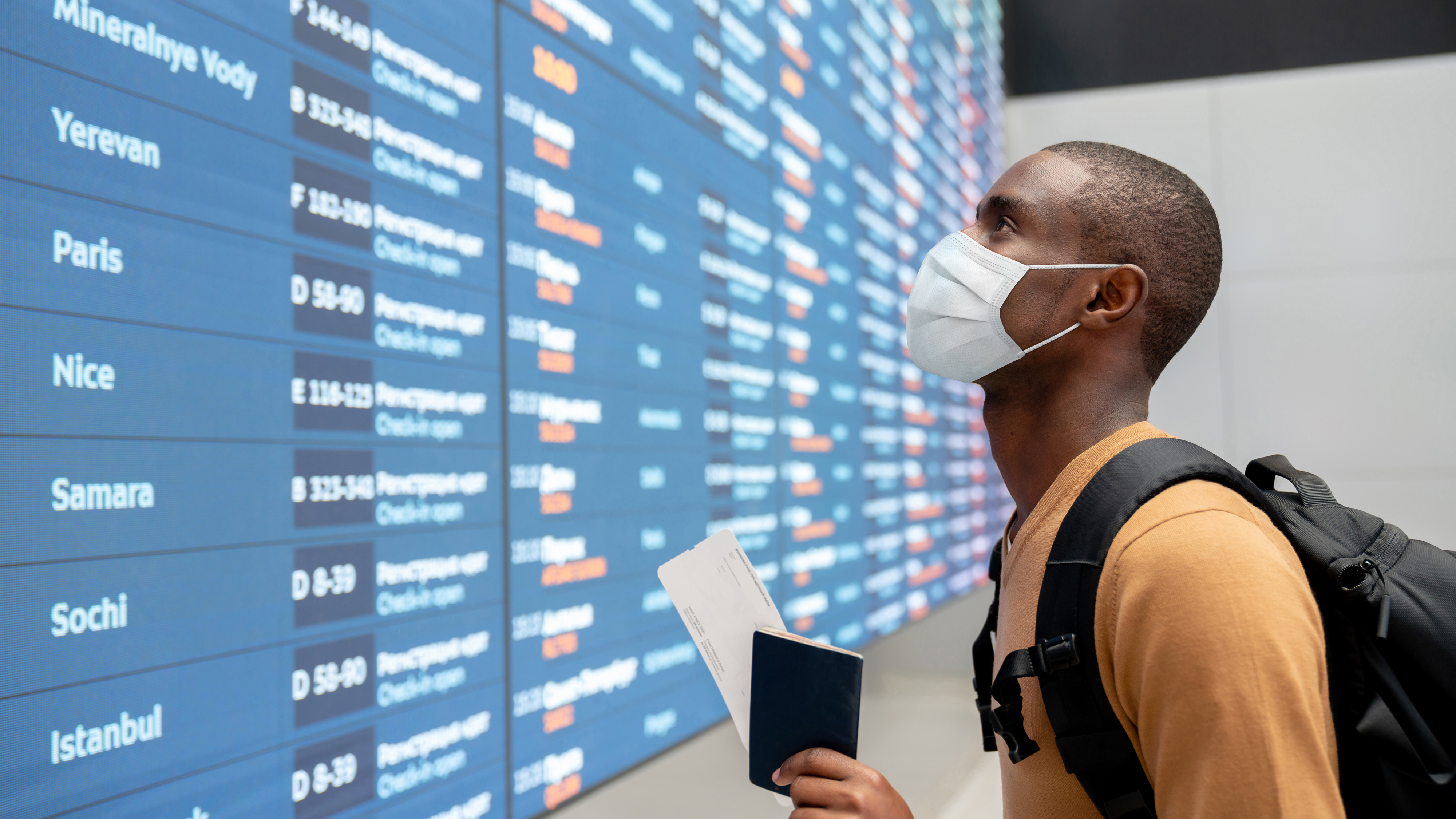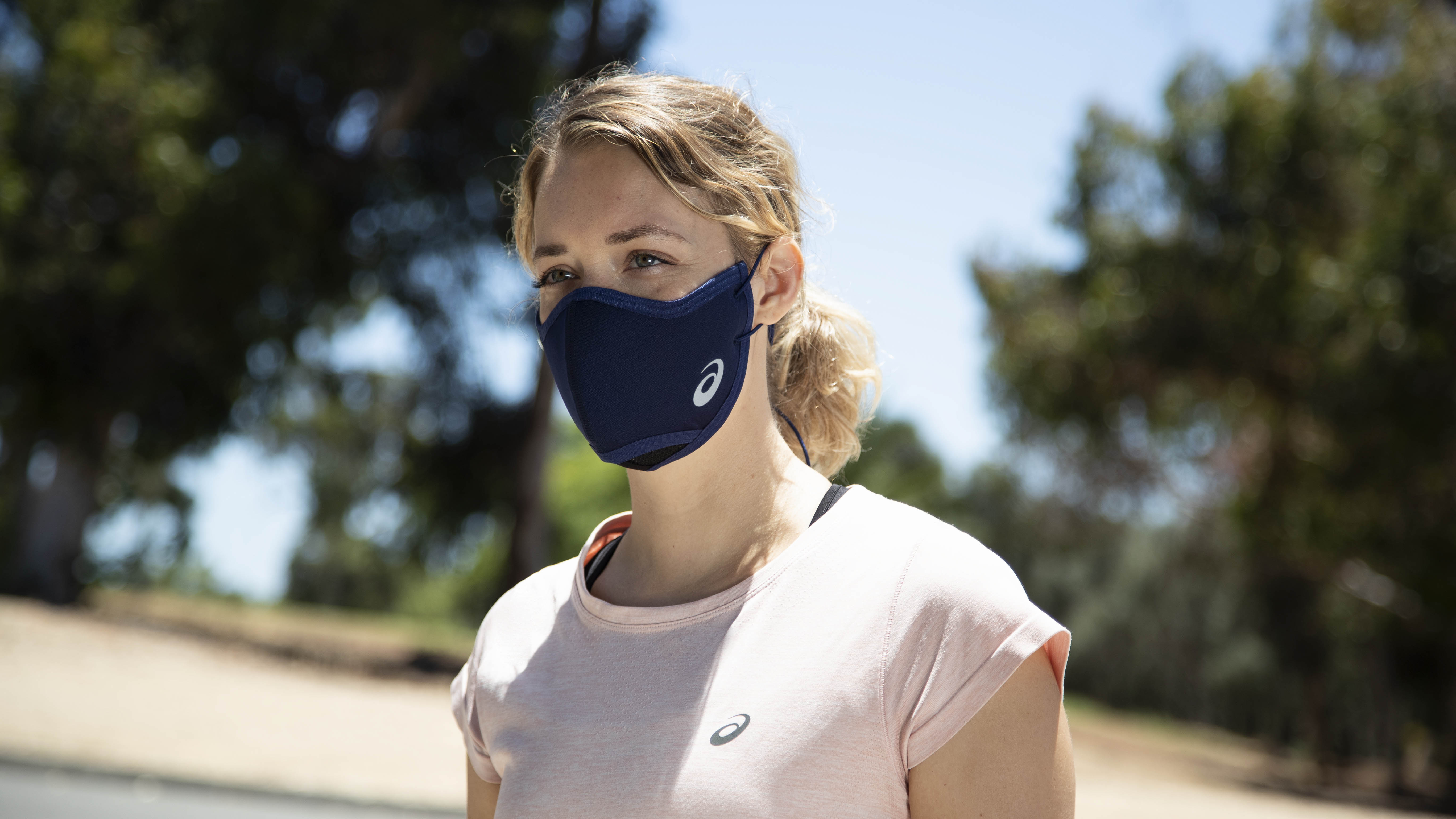

Travel is different now – and so is packing. Masks might be the most obvious visual change in the pandemic era of travel, but there’s now a lot more to think about when going abroad.
Firstly, if you’re not well, don’t travel. It's possible to spread COVID-19 even if you don't have symptoms, so even if you’re fit and well you still need masks, sanitiser, frequent hand-washing and social distancing. You also need airline apps and a well-packed cabin bag.
Given that the UK government strongly encourages travellers to check-in baggage to the aircraft hold and minimise any hand baggage, here’s how to get prepared for travel during COVID-19, what you need to think about, and what you need to pack.
Do I need to have a test before I travel or self-isolate upon arrival?
That totally depends on where you’re going. Before you buy any flights, know your destination’s entry restrictions, screening or quarantine requirements, which might make travel impractical or even impossible. Sign-up for travel advice email alerts for your destination and read the guidance for England, Scotland, Wales or Northern Ireland.
What if my flight gets cancelled?
If the airline cancels your flight you’ll normally be offered either a full refund or a voucher for travel in the future. It’s up to you which you accept; technically you’re due a full refund within seven days, but airlines need the cashflow. It’s your decision, but do check how long the voucher is valid for. Despite the seven-day window, be prepared for a long wait.
Should I arrive early at the airport?
While extra temperature checks might make you think you need to arrive early at the airport, that’s pre-pandemic thinking; arrive no earlier than two hours before a short-haul flight departs and three hours for long haul flights. Nobody wants you hanging around waiting for a minute longer than necessary.

Do I need to wear a face mask at the airport?
Yes. Masks help limit the spread of the disease by protecting others from small droplets that you might cough, sneeze or breathe out. Whatever else you’ve read about masks is irrelevant in airports; you must wear a mask.
Sign up to the T3 newsletter for smarter living straight to your inbox
Get all the latest news, reviews, deals and buying guides on gorgeous tech, home and active products from the T3 experts
The only time you can remove it – and must, completely – is for passport checks, which includes when you reach the boarding gate. When removing your face mask use the ear-tabs rather than holding the area over your mouth and nose. If you do find yourself touching your mask a lot, wash your hands regularly, or use hand sanitiser.
What type of mask should I travel with?
A comfortable, lightweight mask that doesn’t ride-up and cover your eyes is a good mask. You do not want to be touching your face mask any more than is absolutely necessary (if your hands then spread your germs around the place, it defeats the object of wearing a mask in the first place).
Choose a mask that fits your face and is breathable. Cotton works well. A machine-washable mask is tempting for daily life at home, but for travel, disposable masks – like cheap, basic surgical masks – are perfect. That’s because most disposable face masks are good for about four hours, so almost all journeys through airports are going to require at least two. When those four hours are up make sure you dispose of your used mask safely, or travel with a sealable plastic bag to wrap it up in, to dispose of it safely later.
Will a mask keep me safe?
Your wearing of a mask, and the sight of everyone in the airport wearing a mask, will make you constantly aware of COVID-19. However, some people do tend to forget all about social distancing while wearing them. Remember; masks protect other people from your germs – they don’t protect you from anyone else’s. Keep your distance and don’t touch your mask.
What else will happen at the airport?
Expect temperature checks, but more than anything else expect an airport experience that’s as contact-free as possible. Expect floor markings to help with social distancing and hand sanitising stations everywhere.

How and when do I check-in?
On your phone, online, or at the self-service kiosks at the airport. Sort-out your luggage requirements before you get to the airport.
While in the pre-coronavirus era apps we were all encouraged to check-in online or using airline apps, now it’s imperative. Ditto the ‘bag drop’ area for any luggage that needs to be stowed.
Some airlines are even now allowing flyers to check-in their bags and drop them off at the airport the day before they fly to save time.
Do I have to wear a mask on the plane?
Yes. Airlines require all customers to wear a face mask at all times while onboard. Other changes you need to know about are that cabin crew will ask you to stay in your seat as much as possible during flights. That queue for the toilet? That’s history. Wait until the loo’s light is green before you get up.
What to pack for a flight during coronavirus
While once it was headphones and a good book, coronavirus means the in-flight necessities have increased, but hand baggage allowance has not. Although some airlines will give you a ‘personal protection pack’ consisting of hand sanitiser gel, an antibacterial wipe and a sealable disposal bag for your used face mask, bring your own stash of all of those things to be on the safe side.
However, the big annoyance is that – depending on the airline – you may now also need to bring food and drink, which some airlines are not providing or selling for the moment.
Do I need to wipe-down my seat on a plane?
Airlines are sanitising tray tables before every flight, but some antibacterial wipes to do your own thorough job might give you peace of mind.
How much hand sanitiser can I travel with?
It’s the latest and greatest travel accessory, but don’t expect to be able to carry as much hand sanitiser as you like on to a plane. It’s worth noting that hand sanitiser is specifically for using only when soap and water are not available. Not surprisingly, hand sanitisers must be no more than 100ml – the same limit for any other liquid you can take on to an aircraft. If you don’t think that’s enough, or your nervous about whether your hand sanitiser might get taken off you by security, pack some antiseptic wipes, which do the same job.
When you get to your destination you’ll have to go through whatever rules and regulations that airport – and that country – currently uses to battle COVID-19. Take note of their social distancing rules – infractions might mean a fine – and be prepared for rules to change during your stay if there’s a localised outbreak.
However, the general theme isn’t going to change for some time; have masks, will travel.
Jamie is a freelance journalist, copywriter and author with 20 years' experience. He's written journalism for over 50 publications and websites and, when he's not writing, spending most of his time travelling – putting the latest travel tech through its paces.
-
 These luxury private members’ clubs have their own race tracks
These luxury private members’ clubs have their own race tracksFrom the UK to the US and Japan, these are the world’s most exclusive race track members’ clubs
By Alistair Charlton Published
-
 Apple TV+'s beloved sci-fi series gets a surprise sequel and trailer
Apple TV+'s beloved sci-fi series gets a surprise sequel and trailerWondla is coming back
By Max Freeman-Mills Published